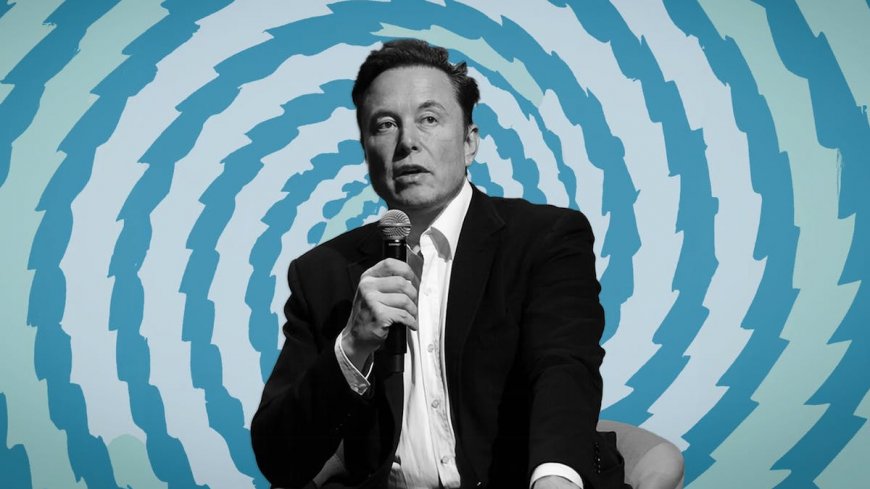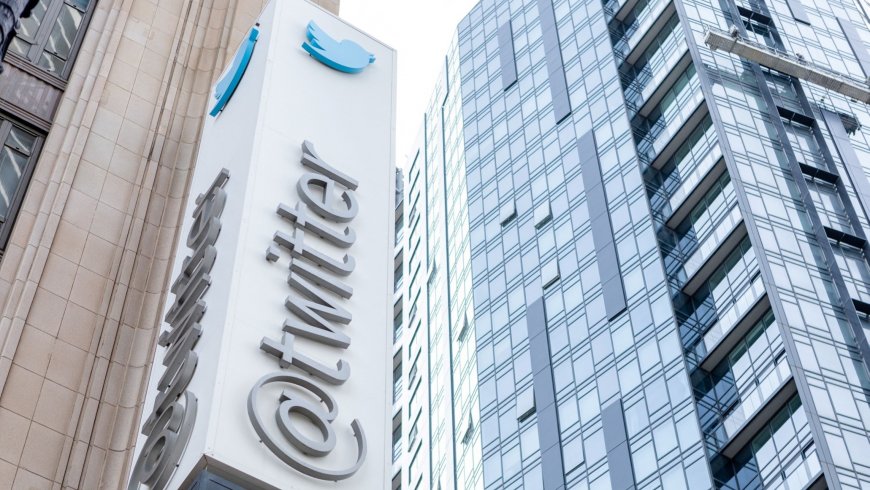Twitter's Value Takes a Hit: Elon Musk Offers Employees Stock Grants at Reduced Valuation
Twitter's $20B valuation shows struggles since Elon Musk's 2022 takeover, revealing challenges faced by the company in the past year

Elon Musk said Twitter Inc. employees will receive stock awards based on a roughly $20 billion valuation, less than half of the $44 billion price he acquired the company for last year, according to an email viewed by The Wall Street Journal.
Mr. Musk in a note to staff said he was optimistic about the social-media company’s future. “I see a clear, but difficult, path to a >$250B valuation,” meaning stock granted now would be worth 10 times more, he said.
Mr. Musk also said in the email that Twitter is being reshaped so rapidly that the company “can be thought of as an inverse startup.” He said radical changes have been necessary in part to ensure that Twitter didn’t go bankrupt, according to the email.
The new valuation figure is a sign of the challenges that have faced Twitter since Mr. Musk’s takeover. Many big advertisers stopped spending on the platform, challenging Twitter’s main source of revenue, though the company has been working to woo advertisers back. The email was reported earlier by Platformer and The Information.
Fidelity, one of the co-investors that backed Mr. Musk’s takeover of Twitter, wrote down its stake in Twitter by 56% in November, public filings show.
In a separate email late Friday that was viewed by the Journal, Twitter told employees it is offering new equity grants to staff that will start to vest after six months.
The company plans to offer a liquidity event roughly a year from now, in which employees can cash out some of their equity, the email shows. The number of employees who received the equity grants couldn’t be learned.
Compensation has been one of many questions facing employees since Mr. Musk’s tumultuous acquisition of Twitter last year. Twitter typically offered stock grants, which vested over several years, as part of employees’ compensation, according to former employees. Stock-based compensation has been a popular way to attract talent at many tech companies.
In response to a request for comment, Twitter’s press email responded with a poop emoji, which Mr. Musk recently tweeted will be the company’s auto-response for media inquiries.
The new grants will vest over four years, according to the email, and be in addition to and separate from any legacy Twitter equity that was converted to cash at the time of the acquisition in October 2022.
Twitter spent nearly $630 million on stock-based compensation in 2021, the last full year it publicly reported financial results before going private, according to regulatory filings. The company had more than 7,500 full-time employees that year.
Multiple rounds of layoffs and other departures followed Mr. Musk’s acquisition, and the company hasn’t said exactly how many employees it now has. Mr. Musk said in December the staff was down to roughly 2,000.
When Mr. Musk took Twitter private for $44 billion in October, the company said employees’ stock grants would be converted into the right to receive cash for $54.20 a share, the acquisition price, according to a regulatory filing.
But employees still had questions about how Twitter would handle compensation going forward as a private company.

In February, Mr. Musk told staff in an email that Twitter would make “very significant stock and other compensation awards, based on performance.” Staff would get more information on March 24, he said, according to that email viewed by the Journal.
It wasn’t the first time Mr. Musk mentioned compensation. He previously told staff in November that Twitter would continue to provide stock and said the plan would be similar to what SpaceX offers, according to an email seen by the Journal. “Exceptional amounts of stock will be awarded for exceptional performance,” Mr. Musk added.
Space Exploration Technologies Corp., the formal name for Mr. Musk’s rocket and satellite company, for years has used company stock to attract and pay employees. Because SpaceX is privately held, staffers who own shares eligible for sale can’t find a buyer for them the way that investors who hold stock in public companies are able to do.
Instead, SpaceX periodically invites current and former employees to sell their shares if they choose, giving them the chance to potentially monetize their holdings. The company sets a total value of shares that can be sold in the offerings, and it isn’t guaranteed that someone who wants to cash out stock will be able to do so or sell all of the shares they want, former employees have said.
“We have been able to give employees liquidity,” Gwynne Shotwell, SpaceX’s president, said at an industry event in February.
SpaceX’s valuation has risen over the years, allowing employees and former staffers to reap significant gains if they sold. A recent offering looked to value the company at around $140 billion, up almost fivefold from 2018, when SpaceX worked on a funding round designed to value it at $30.5 billion.

